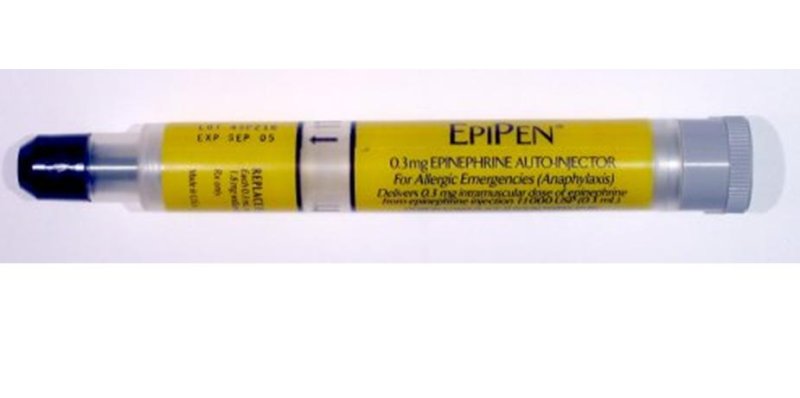PITTSBURGH, Aug. 25 (UPI) -- Mylan N.V., makers of the anti-allergic reaction EpiPen, announced programs Thursday to lower the device's cost after U.S. senators expressed outrage at the price increase.
The single-use auto-injection pens, used as dispensers of the medicine epinephrine in emergencies resulting from food allergies, were created by Merck Group in the 1970s, and were acquired by Mylan in 2007. A price increase, from $57 per pen in 2007 to about $500 per pen today, drew the anger, earlier this week, of four U.S. senators who asked Mylan for an explanation.










